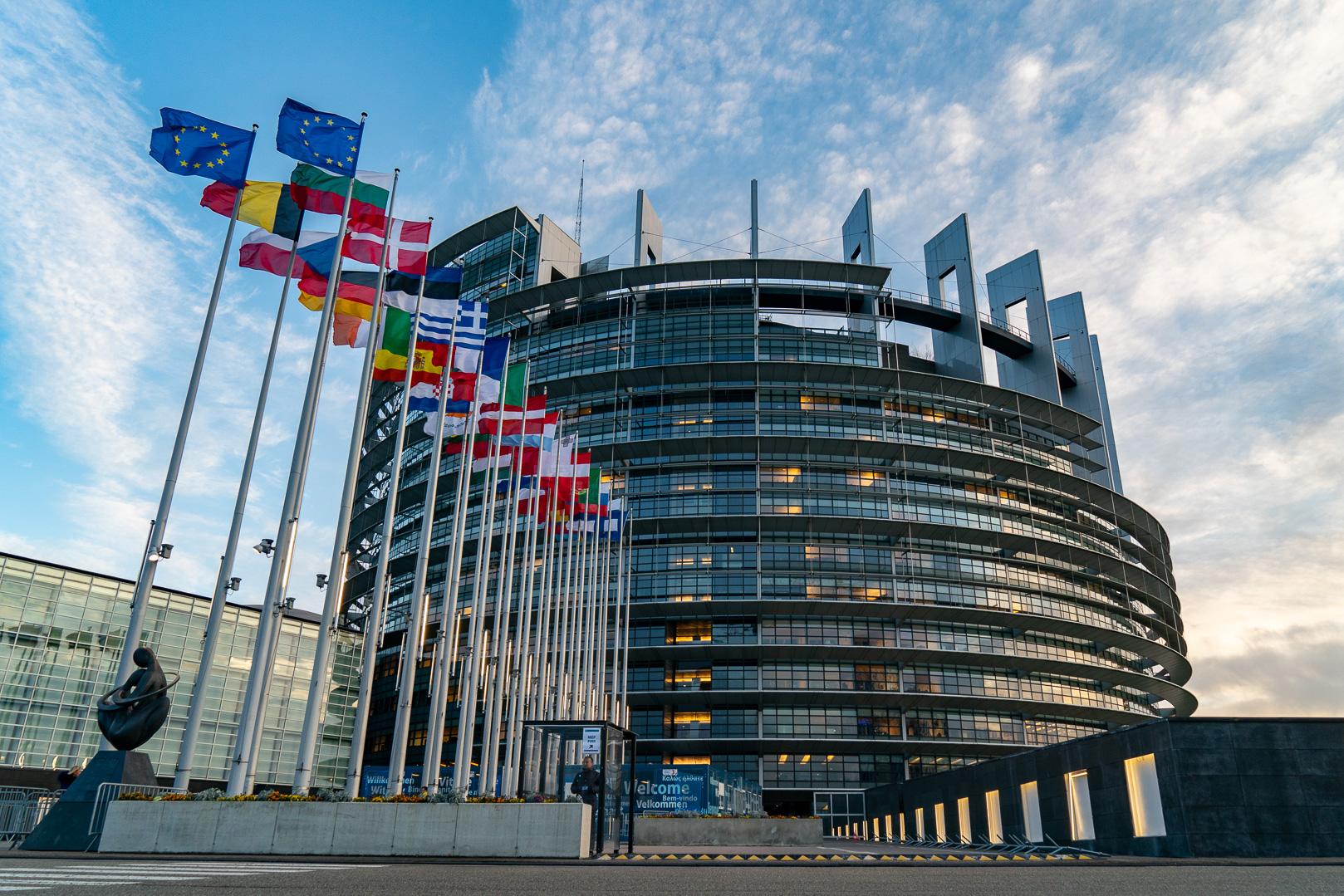Thanks to the implementation of European antitrust legislation, Ukraine could save 0.6–1% of GDP annually for its consumers, or €1.1–1.8 billion.
This was reported by the Institute for Economic Research and Policy Consulting, citing the results of the study “Development of Ukraine’s Competition Policy according to EU Standards and Rules” by Anastasia Kropova.
The report notes that implementing the provisions of EU Regulation No. 1/2003 in the energy sector will reduce markups in tariffs and intensify competition among suppliers.
Specifically, in the agricultural sector, this means easier market access for farmers, less bureaucracy in contracts, and reduced dependence on large holdings. In the pharmaceutical sector, it provides access to more transparent tenders, cheaper alternative drugs, and equal conditions for all market players. In transport and logistics, it creates more opportunities for new operators and lower costs for end consumers due to competition in freight services.
“Fighting collusion among tender participants in public procurement, particularly in infrastructure projects—as has been done in Poland, the Czech Republic, and Romania—will allow Ukraine to avoid systemic budget overspending and improve the quality of infrastructure projects,” the researchers explain.
To achieve this, Ukraine should reform its antitrust legislation according to European standards and rules: simplify investigations, expand the powers of the Antimonopoly Committee of Ukraine (AMCU), increase transparency of decisions, and strengthen the role of the courts.
The EU Regulation proposes, in particular, the following changes:
- Replace the mandatory prior approval for coordinated company actions with ex post review.
- Introduce new investigation tools: unannounced inspections, employee interviews, seizure of documents including electronic ones, and penalties for non-compliance.
- Establish clear rules for imposing fines to deter anti-competitive behavior.
“Full implementation of the EU Regulation could increase the number of antitrust investigations in Ukraine by 5–10 times. However, the economic effect will only occur with a reformed judicial system, proper funding of the AMCU, and political support for combating anti-competitive practices,” the Institute concluded.





















